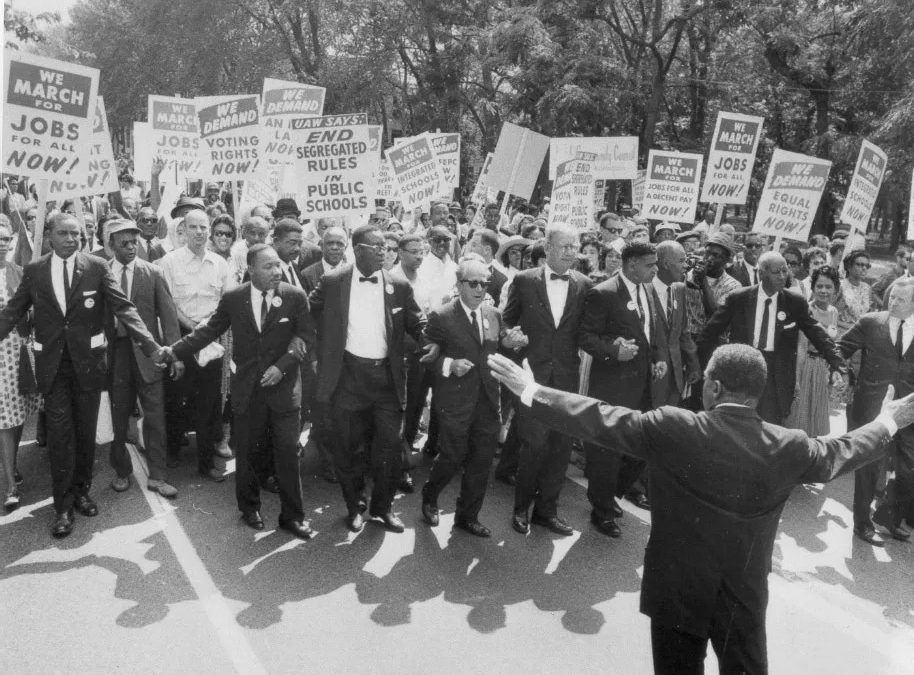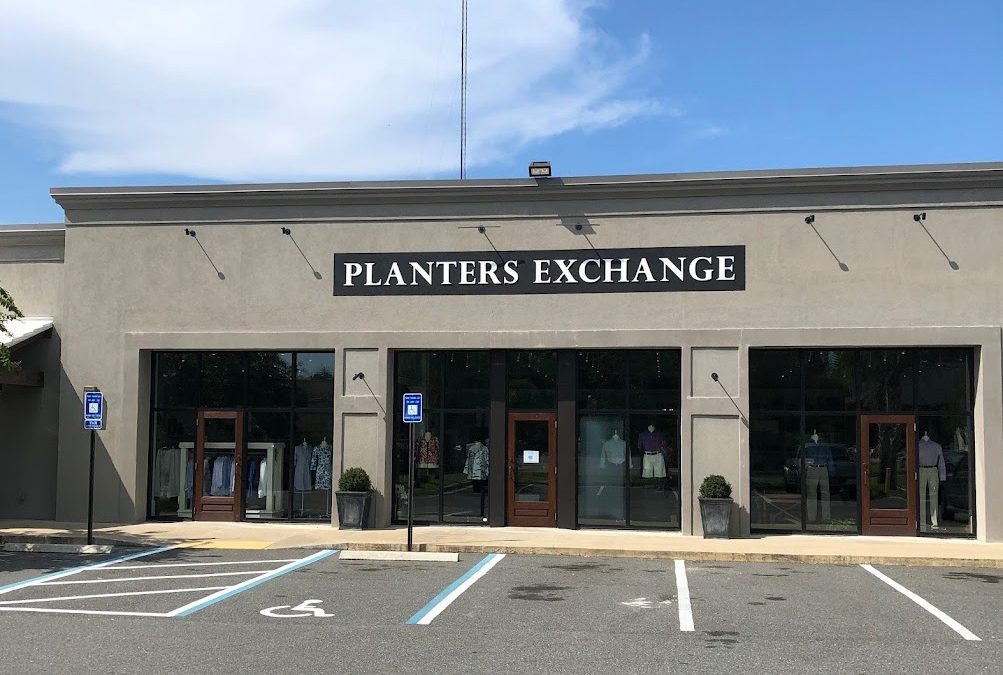The 4th of July, or Independence Day, is more than just a day for fireworks and barbecues; it’s a significant moment in American history that celebrates the nation’s independence from Great Britain. Each year, Americans across the country embrace this federal holiday with various festivities that pay homage to the brave steps taken towards freedom back in 1776. However, many might ponder the origins and significance of this day. Fear not, as we take you through an exciting journey from the historical roots to the modern-day celebrations of the 4th of July, making your celebrations more meaningful and spirited.
The origins of Independence Day trace back to turbulent times when the American colonies decided to sever ties with Great Britain. Grievances like “taxation without representation” led to widespread unrest and paved the way for the desire for self-governance. On July 4, 1776, the Continental Congress formally adopted the Declaration of Independence, marking the birth of the United States as an independent nation. This pivotal moment wasn’t just the beginning of a new country; it was the embodiment of hope, freedom, and the pursuit of happiness – ideals that continue to define the American spirit.
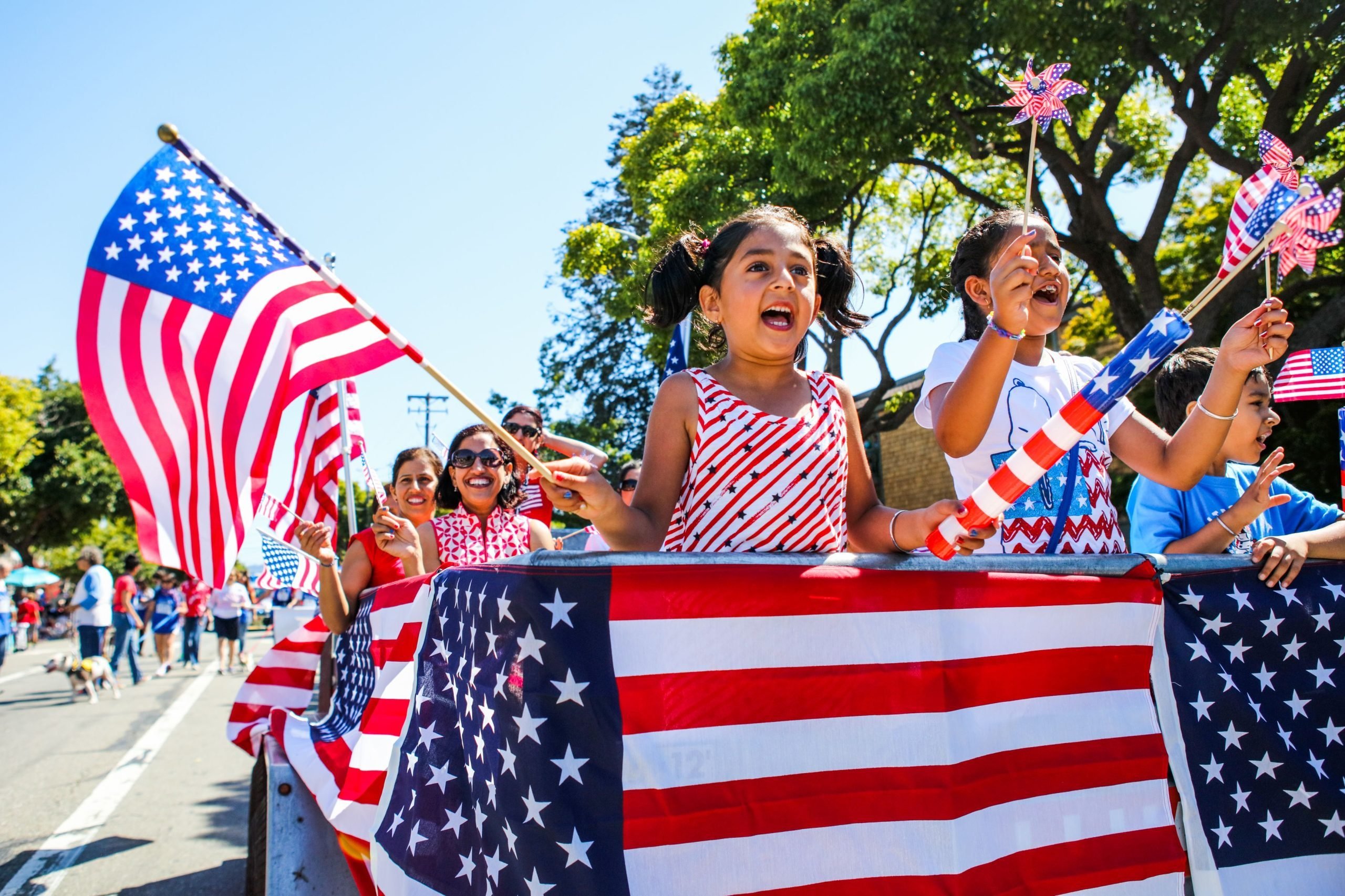
- Exploring the Essence of Independence Day. Source: @readersdigest – rd.com
Today, the 4th of July is celebrated with grandeur and enthusiasm across the nation, manifesting the unity and pride of being American. From dazzling fireworks that light up the night sky to patriotic parades that bring communities together, each tradition carries a piece of history and a sense of belonging. Barbecues and outdoor activities further reflect the joy and fellowship associated with this day. As families and friends gather to celebrate, it’s a reminder of the liberties and opportunities that define the American dream.
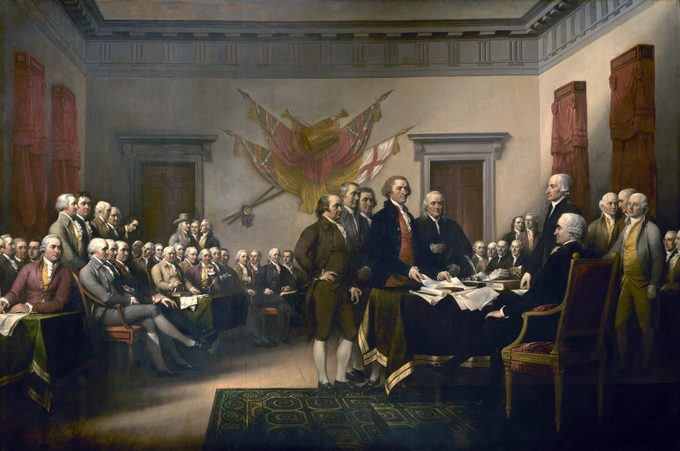
- The Declaration of Independence, July 4th, 1776. Source: @readersdigest – rd.com
Beyond the festivities, the 4th of July is a treasure trove of traditions and historical facts that enrich the celebration. Did you know that John Adams believed July 2nd was the real Independence Day? Or that the first ever 4th of July party at the White House was thrown by Thomas Jefferson in 1801? These interesting tidbits not only add depth to the holiday but also remind us of the enduring legacy of America’s founding fathers. When planning your 4th of July celebrations, consider incorporating historical elements or sharing these fascinating facts to spark conversations and reflection on the significance of this day.
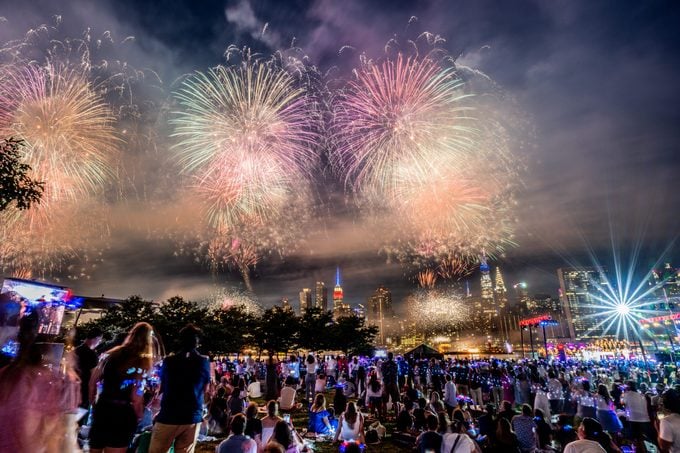
- Macy’s 2022 Fireworks Display in New York City. Source: @readersdigest – rd.com
In essence, celebrating the 4th of July isn’t just about enjoying the day off; it’s an opportunity to honor the history, values, and people that have shaped the United States. Whether you’re watching a grand fireworks display, attending a local parade, or simply enjoying a meal with loved ones, each tradition is a testament to the enduring spirit of freedom and unity that defines America. So, this 4th of July, let’s embrace the festivities with a deeper appreciation for the past, a joyful celebration of the present, and an optimistic outlook for the future. Happy Independence Day!

